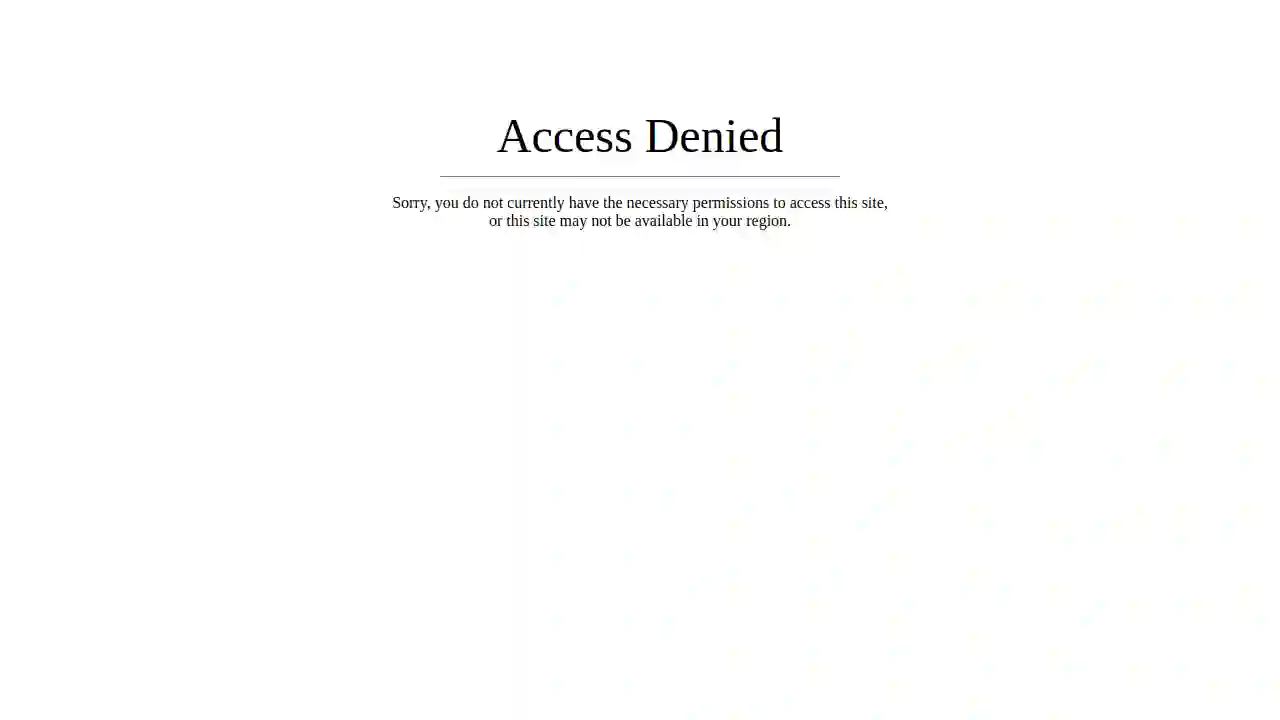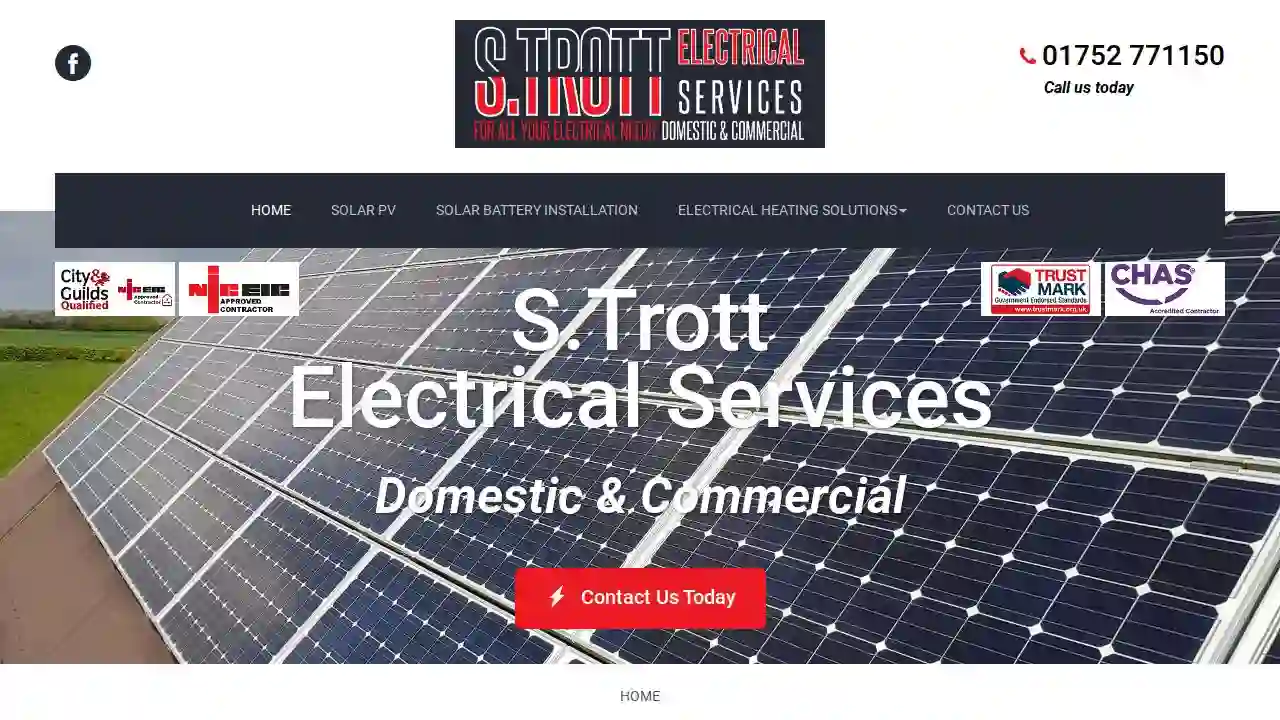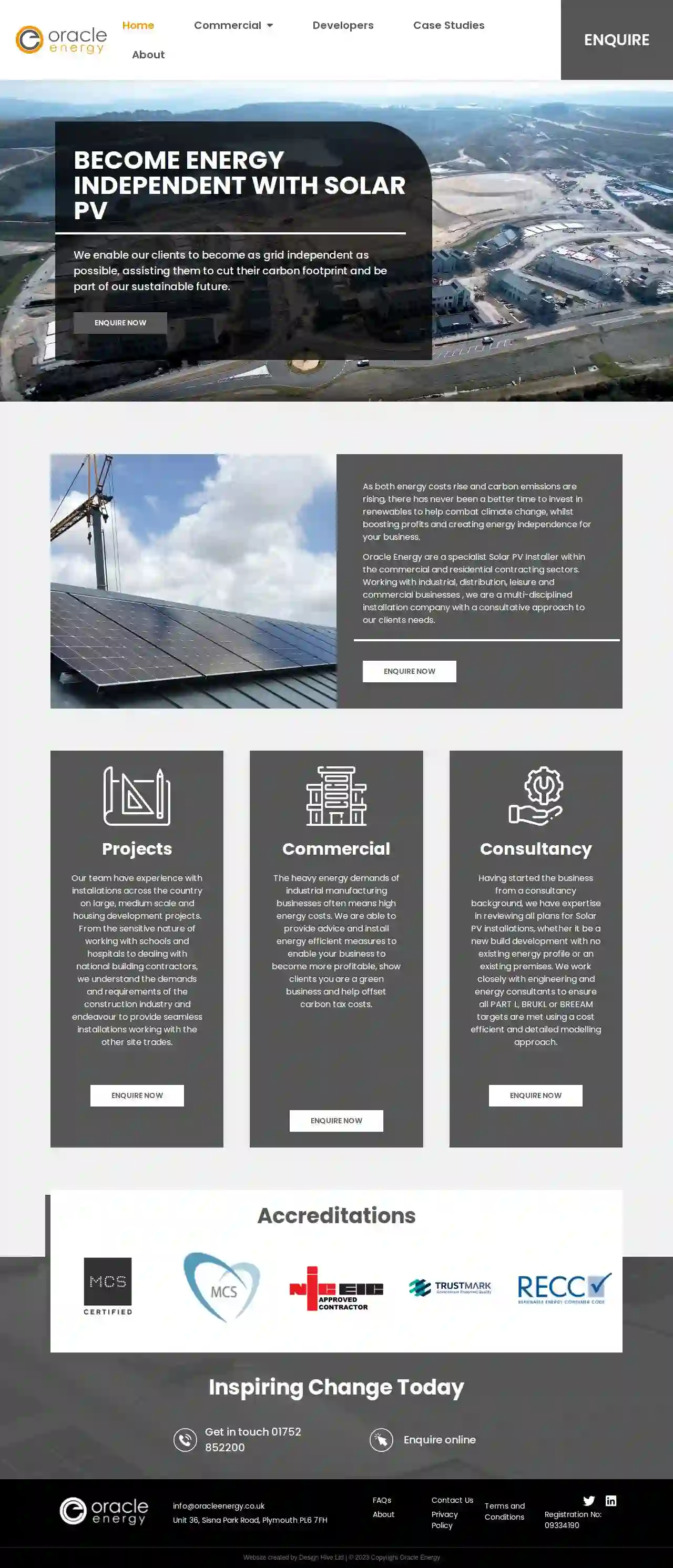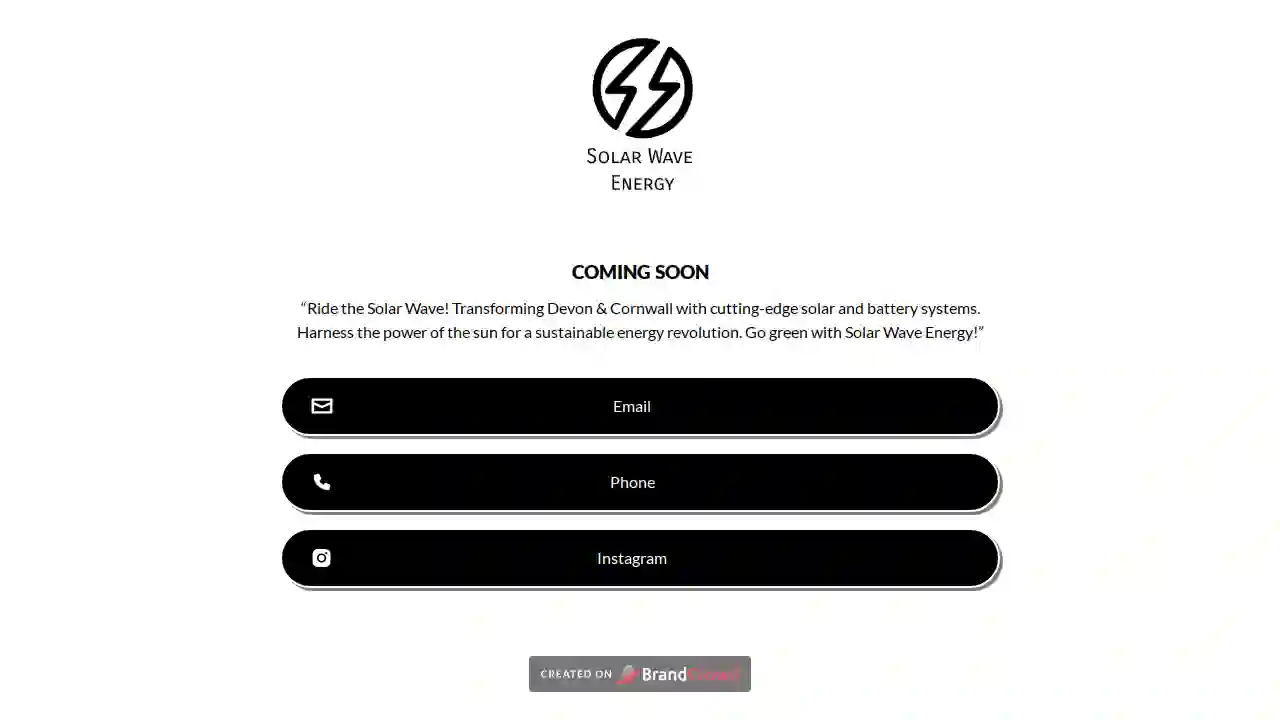Commercial Solar Installers Plymouth
Top 10 Solar Panels For Businesses in Plymouth
Receive 3 FREE Business Solar Installers quotes for your project today! Compare profiles, reviews, accreditations, portfolio, etc... and choose the best service.

Solar Fast - Plymouth
Unit 17, Allerton Bywater Network Centre, Letchmire Rd, Castleford, WF10 2DB, GBSolar Fast is a trading style of Gas Fast Ltd. Reg No. 05784955. Unit 17, Allerton Bywater Network Centre, Letchmire Rd, Allerton Bywater, Castleford WF10 2DB. We are authorised and regulated by the Financial Conduct Authority FRN 799102. We are a credit broker, not a lender and have facilities with a panel of lenders. Credit is subject to status and affordability.
- Services
- Why Us?
- Gallery
Get Quote
Batteries & Solar Ltd
4.9196 reviews61 St Modwen Rd, Plymouth, PL6 8LH, GBAt Batteries and Solar, we're passionate about providing top-notch customer service and combining our team's expertise with the latest advancements in DC power technology. We understand that the world of technology is constantly evolving, and we're committed to staying at the forefront of these changes. That's why we don't assume anything – we encourage you to ask questions and benefit from our knowledge. Our dedicated team undergoes continuous training to ensure they have the most up-to-date information and can offer personalized recommendations tailored to your specific needs. Whether you're looking for batteries, solar solutions, or any other DC-powered product, we're here to help you find the perfect solution.
- Services
- Why Us?
- Gallery
Get Quote
South West Eco Energy
Suite 127, 91 Mayflower Street, Plymouth, PL11SB, GBRenewable energy technology, in various forms, is becoming increasingly popular in the UK. More households and businesses are seeing the benefits of switching to green alternatives – that are good for their pockets as well. Welcome to South West Eco Energy, your local solution for sustainable energy solutions. Whether you are looking for some independent advice or a full survey and installation we specialise in helping our customers reduce their energy costs and carbon footprint by offering top-quality renewable products such as solar PV, battery storage and air source heating right through to wall and loft insulation. Whether it is HVAC, PIV, Solar Thermal, MHVR or Ground source we have options available for all energy saving solutions. Air source heat pumps (ASHPs) stand out as one of the most efficient methods for home heating. Operating on the principle of extracting heat from the ambient air, even in colder temperatures, ASHPs can achieve impressive energy efficiency. By leveraging electricity to transfer heat rather than generating it directly, these systems can provide up to three times more energy than they consume. ASHPs are versatile, offering both heating and cooling capabilities, making them a year-round solution. Additionally, their eco-friendly nature stems from the fact that they do not rely on combustion processes, reducing carbon emissions and promoting sustainability. Heating your home has never been more efficient We use a range of high quality brands to ensure the quality, longevity and the best possible customer service is at the forefront of our service.
- Services
- Why Us?
- Our Team
- Testimonials
- Gallery
Get Quote
Dartmoor Energy Ltd
Kelly Bray, Callington, The Granary, Beeching Park, PL17 8QS, GBDartmoor Energy are an award winning company of renewable energy specialists, PAS2035 retrofit surveyors, coordinators, designers and energy grant facilitators based in Callington, on the Devon and Cornwall border. Our teams cover the whole of the Southwest Region. Dartmoor Energy are partnered with the highest quality local and national installers of energy systems and measures. We offer a bespoke expert service from start to finish; aimed at helping our customers move their home or business away from fossil fuels, reduce their bills and achieve energy independence. Experts in Heat Pumps, Solar PV , Battery Storage and insulation we offer a three stage no pressure process including a full heatloss or site survey, bespoke system design and final proposal pack. All our surveyors are primarily focused on helping you find the best and most cost effective ways of improving your property's energy efficiency while facilitating the best Government energy grant for your situation. We guide you through the whole process with expert knowledge and experience.
- Services
- Why Us?
- Accreditations
- Testimonials
- Gallery
Get Quote
Carbon Saving Group
4.330 reviewsUnit 9, Eurotech Park, 32 Burrington Way, Plymouth, PL5 3FR, GBEstablished in 2015, Carbon Saving Group is dedicated to helping clients achieve net zero by 2050. We are a trusted renewable energy systems provider in the South West and UK, offering a comprehensive range of solutions for both homes and businesses. Our expertise lies in delivering reliable end-to-end services, including installation and maintenance, for low-carbon, greener energy. With extensive experience, we provide energy-efficient solutions to help clients reduce their electricity costs and carbon footprint. Our team of experts is ready to assist you in finding the perfect renewable energy solution for your needs.
- Services
- Why Us?
- Accreditations
- Testimonials
- Gallery
Get Quote
Off Grid Technologies Ltd
52 reviews61 St Modwen Rd, Plymouth, PL6 8LH, GBAt Batteries and Solar, our mission is to combine the skills of our workforce with our commitment to high-quality customer service. We understand that technology evolves rapidly and are witnessing exciting advancements within the industry. Therefore, we promise to provide clear and straightforward information, avoiding technical jargon and making you feel comfortable asking questions. We are dedicated to staff improvement and ensure all our team members receive relevant training to stay at the forefront of industry developments. This allows our passionate experts to offer personalized recommendations tailored to your individual needs.
- Services
- Why Us?
- Gallery
Get Quote
Solar PV and Battery Installations
54 reviewsNewton Abbot, Devon, Unit 1, The Business Centre, EX4 6AA, GBSolar PV South West is a leading provider of solar panel installations in the South West of England. We are a team of experienced and qualified engineers who are passionate about providing our customers with the highest quality solar energy solutions. We offer a wide range of solar panel systems to suit all budgets and requirements, from small domestic installations to large commercial projects. We are committed to providing our customers with a professional and reliable service from start to finish. Our team will work with you every step of the way to ensure that your solar panel installation is completed to the highest standards. We are a fully accredited and insured company, and we are members of the Microgeneration Certification Scheme (MCS). We are also registered with the TrustMark scheme, which is a government-endorsed quality mark for tradespeople. We are proud to be a local business, and we are committed to providing our customers with the best possible service. We offer free site surveys and quotations, and we are always happy to answer any questions you may have about solar energy.
- Services
- Why Us?
- Accreditations
- Our Team
- Testimonials
Get Quote
Oracle Energy Ltd
Plymouth, PL6 7FH, Unit 36, Sisna Park Road, GBOracle Energy Ltd offer Solar PV consultancy and installation services for our clients, enabling them to move towards energy independence, help reduce their carbon footprint and reduce their energy costs. We have a diverse portfolio of installations and project management of works across all industry and business sectors. Established in 2014, we have expertise in reviewing all plans for Solar PV installations, whether it be a new build development with no existing energy profile or an existing premises. We work closely with engineering and energy consultants to ensure all PART L, BRUKL or BREEAM targets are met using a cost efficient and detailed modelling approach.
- Services
- Why Us?
- Accreditations
- Our Team
- Gallery
Get Quote
Eco nrg Ltd
4.328 reviewsUnit 10c New Mills Industrial Estate, Modbury, PL21 0TP, GBAward winning experts in the design and installation of cutting edge renewable technologies, including Solar PV, Heat Pumps, Charging Points, Battery Storage and more. Hundreds of successful installations throughout Devon and the South West. Find out how much you could save and join hundreds of happy customers with a no obligation survey today! Welcome to Eco Nrg Ltd, your local, award-winning experts in the design and installation of bespoke renewable energy systems. We've completed hundreds of installations of Solar Panels, Air Source Heat Pumps, Vehicle Chargers and Battery systems across the South West of England, working in Plymouth, Exeter, Truro, Bristol and more. With over 50 years combined experience in the renewable energy sector, we're here to make your dreams of a sustainable future, a reality. We’re committed to delivering every part of your project to the highest possible standard, ensuring that every Eco nrg system continues to exceed expectations throughout its working life, as well as offering an unbeatable guarantee on all our products.
- Services
- Why Us?
- Accreditations
- Our Team
- Testimonials
- Gallery
Get Quote
Solar wave energy
Plymouth, GBTransforming Devon & Cornwall with cutting-edge solar and battery systems. Harness the power of the sun for a sustainable energy revolution. Go green with Solar Wave Energy!
- Services
- Why Us?
- Gallery
Get Quote
Over 3,485+ Solar Companies in our network
Our solar companies operate in Plymouth & surrounding areas!
SolarCompaniesHub has curated and vetted Top Solar Installers in Plymouth. Find a top & trustworthy contractor today.
Frequently Asked Questions About Commercial Solar Installations
- Reduced Energy Costs: Solar energy can significantly lower your monthly electricity bills, freeing up capital for other business expenses.
- Predictable Energy Expenses: Solar energy provides a hedge against fluctuating energy prices, allowing you to better forecast and manage your budget.
- Increased Property Value: Commercial properties with solar installations often have higher property values and can be more attractive to potential buyers or tenants.
- Environmental Sustainability: Solar energy is a clean and renewable energy source, reducing your carbon footprint and demonstrating your commitment to environmental responsibility.
- Tax Benefits and Incentives: Many governments offer tax credits, rebates, and other incentives to make commercial solar installations more affordable.
- Enhanced Brand Image: Going solar can boost your brand image and reputation, appealing to environmentally conscious customers and employees.
- Efficiency: Higher-efficiency panels produce more energy from the same amount of sunlight, but they may have a higher upfront cost.
- Space Availability: If you have limited roof or ground space, higher-efficiency panels allow you to maximize energy production.
- Aesthetics: Consider the visual appearance of the panels and how they integrate with your building or surroundings. Monocrystalline panels tend to have a more sleek and modern look, while polycrystalline panels have a more traditional blue appearance.
- Cost: Polycrystalline panels are generally more budget-friendly, while monocrystalline panels tend to be more expensive.
- Durability and Warranty: All types of solar panels are designed to be durable, but some manufacturers offer longer warranties or better performance guarantees.
What are the benefits of solar energy for my business?
How do I choose the right solar panel type for my business?
What happens to my commercial solar system during a power outage?
Can I add battery storage to my commercial solar system later?
What are the benefits of solar energy for my business?
- Reduced Energy Costs: Solar energy can significantly lower your monthly electricity bills, freeing up capital for other business expenses.
- Predictable Energy Expenses: Solar energy provides a hedge against fluctuating energy prices, allowing you to better forecast and manage your budget.
- Increased Property Value: Commercial properties with solar installations often have higher property values and can be more attractive to potential buyers or tenants.
- Environmental Sustainability: Solar energy is a clean and renewable energy source, reducing your carbon footprint and demonstrating your commitment to environmental responsibility.
- Tax Benefits and Incentives: Many governments offer tax credits, rebates, and other incentives to make commercial solar installations more affordable.
- Enhanced Brand Image: Going solar can boost your brand image and reputation, appealing to environmentally conscious customers and employees.
How do I choose the right solar panel type for my business?
- Efficiency: Higher-efficiency panels produce more energy from the same amount of sunlight, but they may have a higher upfront cost.
- Space Availability: If you have limited roof or ground space, higher-efficiency panels allow you to maximize energy production.
- Aesthetics: Consider the visual appearance of the panels and how they integrate with your building or surroundings. Monocrystalline panels tend to have a more sleek and modern look, while polycrystalline panels have a more traditional blue appearance.
- Cost: Polycrystalline panels are generally more budget-friendly, while monocrystalline panels tend to be more expensive.
- Durability and Warranty: All types of solar panels are designed to be durable, but some manufacturers offer longer warranties or better performance guarantees.